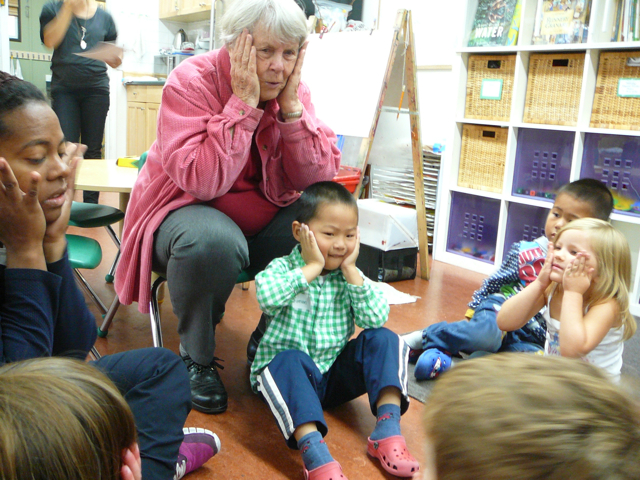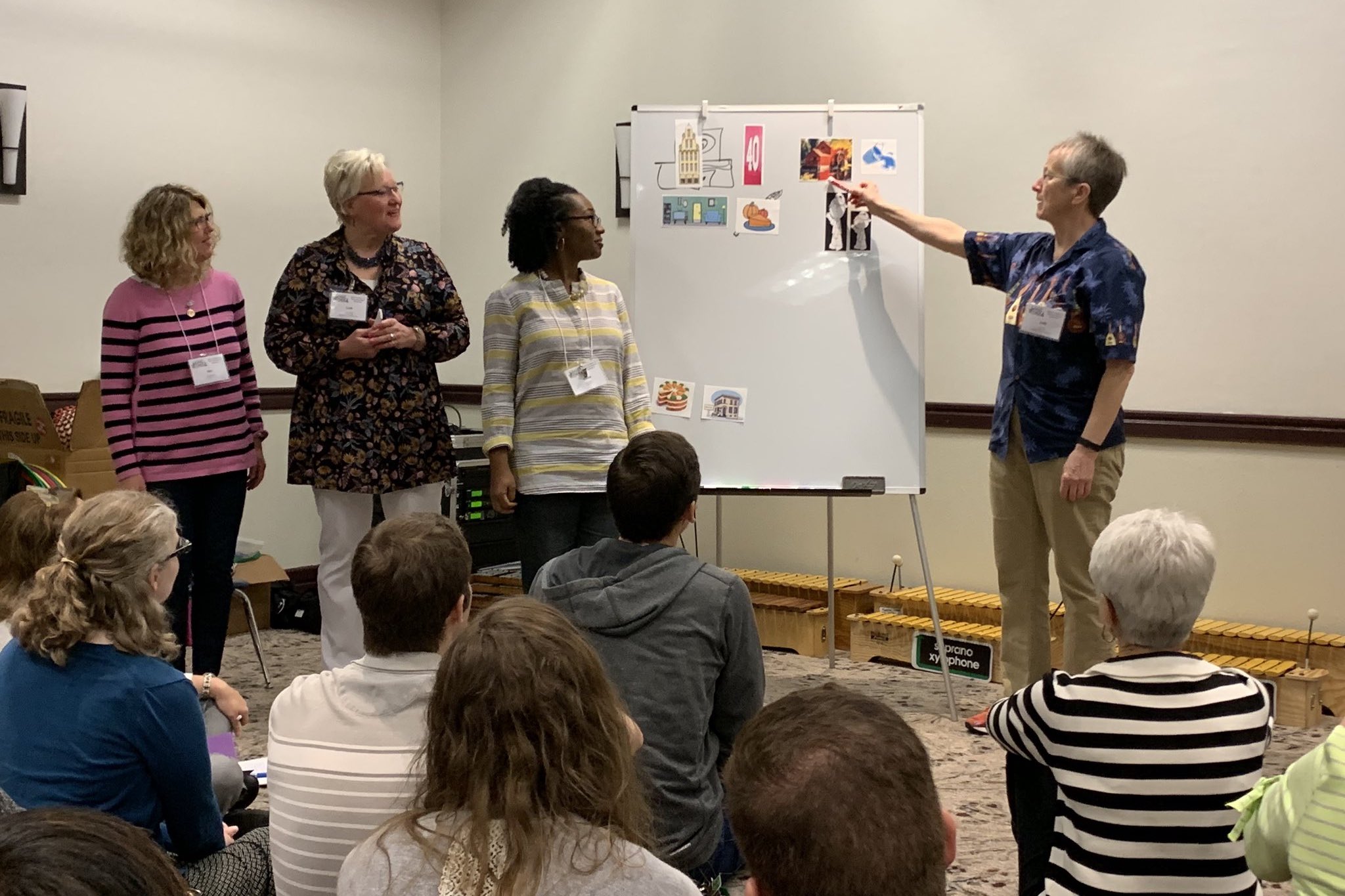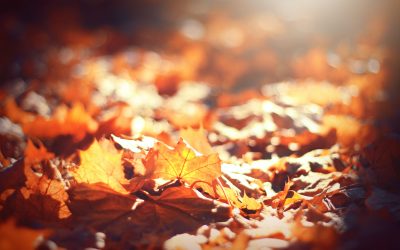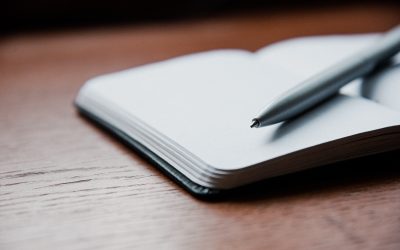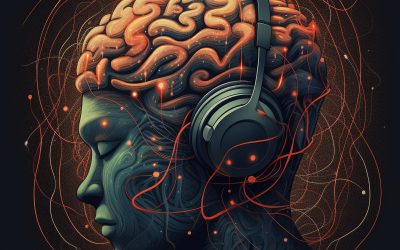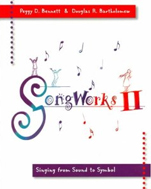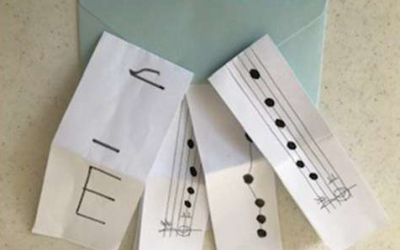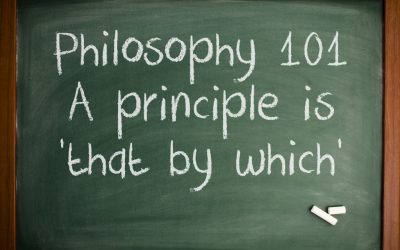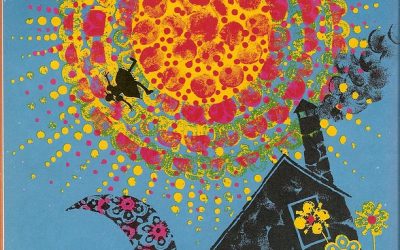Events
Certification Courses
Summer 2024
Norfolk, VA & Salt Lake City, UT
Annual Conference
April 2, 9, & 13, 2024
Online
News
From the President
Happy Fall! In addition to the cozy sweatshirts, colorful festivals, and heartwarming aromas of cinnamon, pumpkin, and clove, this beautiful season of transition is also a necessary cycle in nature’s journey.
Building Relationships with SongWorks
Kylie Decker recently completed her Level 3 SongWorks Certification Teaching Practicum to become a SongWorks Certified Educator. Here she shares her reflections on how the experience has enriched her teaching practice. As I have taught this year I have gained a deeper...
Personal Progress and Community Support
Rachel Gunderson recently completed her Level 3 SongWorks Certification Teaching Practicum to become a SongWorks Certified Educator. Here she shares her reflections on how the experience has enriched her teaching practice. Participating in this year-long SongWorks...
The “How” is as Important as the “What”
The College Music Society published a report in 2014 stating, “Teaching and learning are informed by unprecedented levels of research that render much of traditional music instruction at odds with what we know about perception, cognition and motivation.” The article...
From the President
Happy Fall! In addition to the cozy sweatshirts, colorful festivals, and heartwarming aromas of cinnamon, pumpkin, and clove, this beautiful season of transition is also a necessary cycle in nature’s journey.
Resources
Looking for Songworks I & II or other printed resources?
Head over to our Books page for these and more!
Get Involved
• SWEA Newsletter & Teaching Ideas
• SWEA Membership

Available in Members Access Area
Become a Member, Gain Access to 50+ Sturdy Songs & Study Activities
From the Archive
Looby Loo Scores and Scrambles
Playful Teaching – Vibrant Learning! What an inspirational tagline! Yet we easily fall into ‘habitual teaching’ where we take the same route to achieve a specific learning goal. This group of lessons is suggested as a pathway to vibrant learning. The ultimate goal is to be skillful in reading and musical in performing several different scores for “Looby Loo.”
A Musical Evolution of Notation: Introduction
Often, conventional music notation is studied on an elemental level by pulling visual symbols, representing rhythm and pitch, out of their musical context for study. What happens when we consider that complex traditional music notation has become so rigid that its study at an elemental level lacks value, function, or power?
‘…that by which…’
In 1946 during my first year of undergraduate studies, I took my very first course in philosophy. How I loved that course! Yet for all my enthusiasm at the time only two precise memories remain. Those of you who know me will laugh at this first one simply because I haven’t changed a whit to this day!
Playing with Sally
“Sally Go ‘Round the Sun” is a classic game to play with younger elementary students! You may have read many variations of how to play the game, add partner songs, and more in the Sturdy Songs Collection on the SongWorks website. I have used this song with grades K–2...
Looby Loo Scores and Scrambles
Playful Teaching – Vibrant Learning! What an inspirational tagline! Yet we easily fall into ‘habitual teaching’ where we take the same route to achieve a specific learning goal. This group of lessons is suggested as a pathway to vibrant learning. The ultimate goal is to be skillful in reading and musical in performing several different scores for “Looby Loo.”

